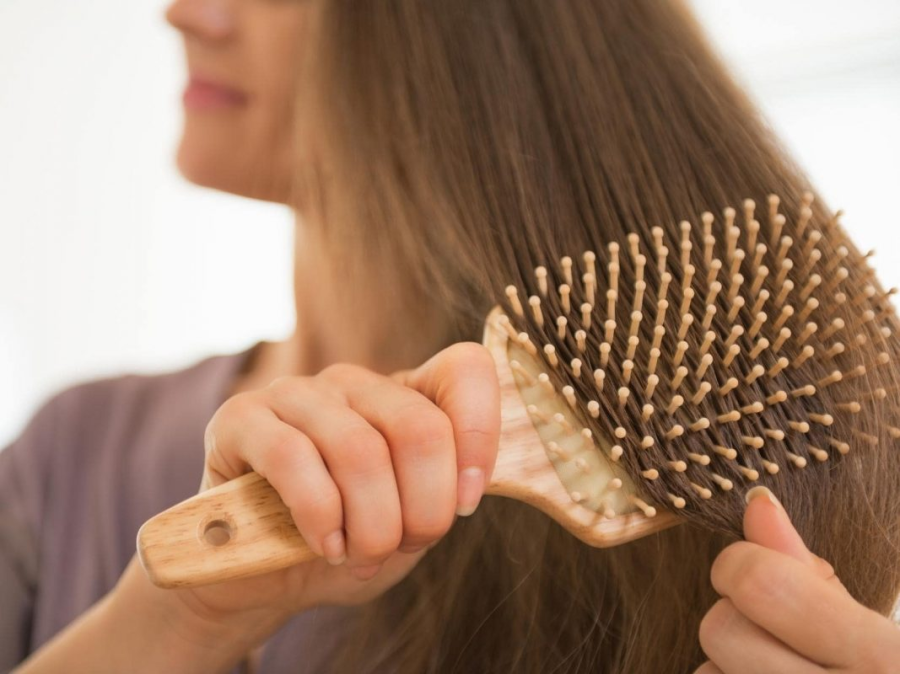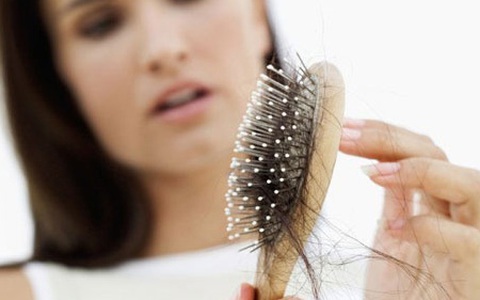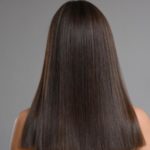Reasons for Hair Loss During Seasonal Transition
During the dry season, the scalp also becomes dry, causing the hair to become weak, fragile, and prone to breakage and hair loss.
Moreover, changes in temperature when going outside and staying in closed rooms can affect the health of hair. Cold weather also makes it more difficult to wash your hair. Irregular hair and scalp care is one of the reasons why hair becomes brittle, weak, and prone to breakage and damage.

Tips to Reduce Hair Loss
Limit the use of chemicals
Avoid excessive styling, coloring, and perming to minimize the damage caused by chemicals. Also, use a hair dryer at a low temperature and avoid frequent use to prevent hair loss.
Use the right shampoo for your scalp
Choose shampoos with natural extracts and fewer chemicals to nourish your hair better. Don’t forget to use conditioner as well, as it helps provide moisture.
Avoid wet hair during the rainy season
Rainwater mixed with various pollutants can be harmful to hair, making it dirty, weak, and prone to breakage and hair loss. If your hair gets wet while being outside, make sure to wash it thoroughly and nourish it immediately.

Stay hydrated
By drinking plenty of water and consuming 2 – 2.5 liters of water daily, you can have beautiful hair and healthy skin even in dry weather.
Harsh sunlight and cold winds can be harmful to your hair and increase the risk of breakage and hair loss. Make sure to keep your head warm, too.
Have a balanced diet
Include vegetables, eggs, green beans, beef, and seafood in your diet to provide enough protein and nutrients for hair development and strengthen the hair follicles.
Supplement your meals with fruits and vegetables to enhance moisture and provide vitamins for your hair. Additionally, consume more foods such as fish, legumes, grains, and beef…
Rosewater:
Mixing a small amount of rosewater with shampoo will make your hair soft, shiny, and give it a wonderful scent. Washing your hair with this mixture helps keep your hair soft throughout the day because it is moisturized. For women suffering from scalp inflammation or dandruff, rosewater is also an effective treatment.
Sleeping on a silk pillowcase (or using a silk cloth to cover the top of your pillow) helps prevent hair loss at night because silk is soft and smooth, reducing friction between the hair and the pillow more than other types of pillows.



































